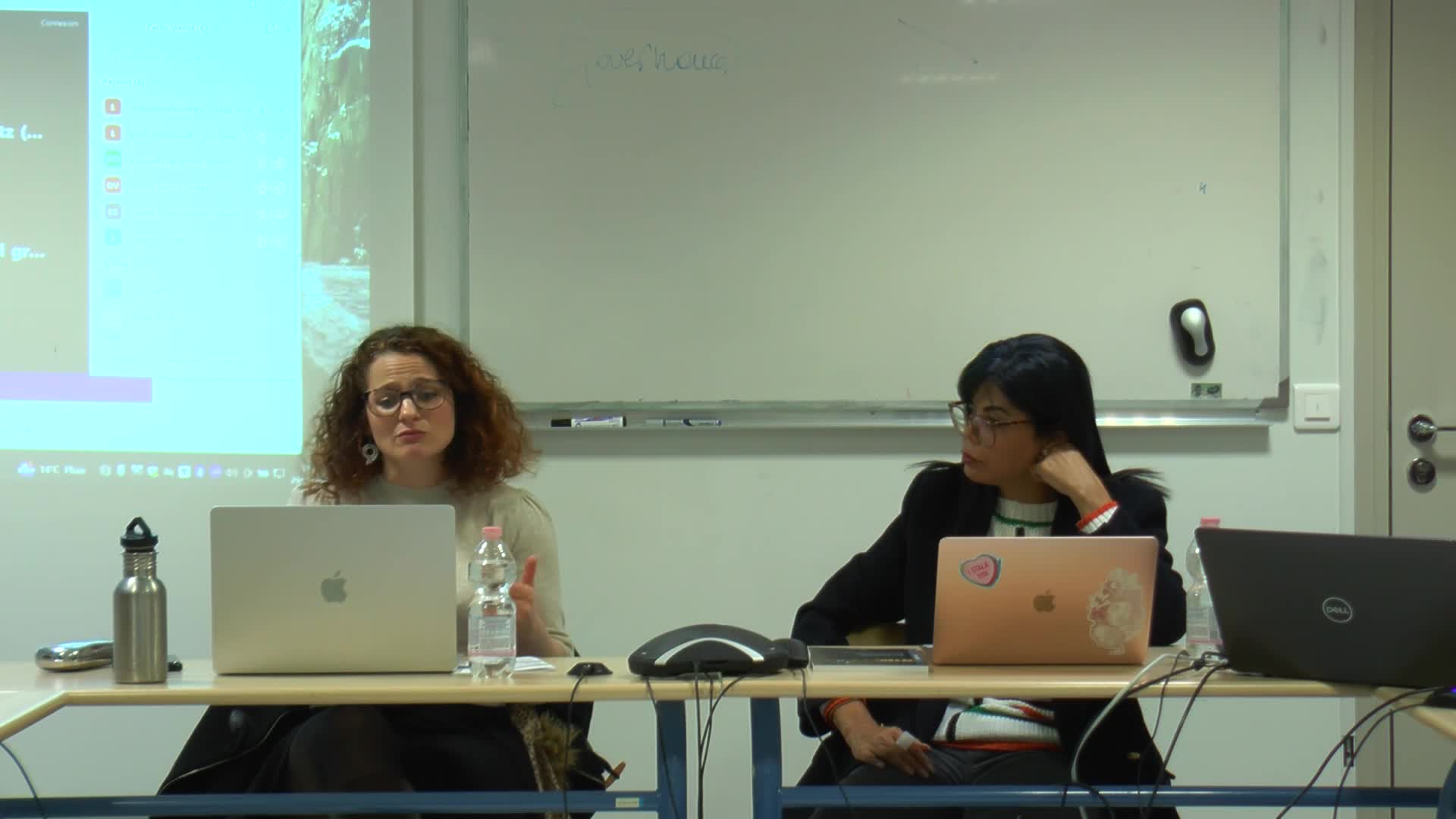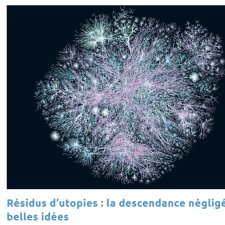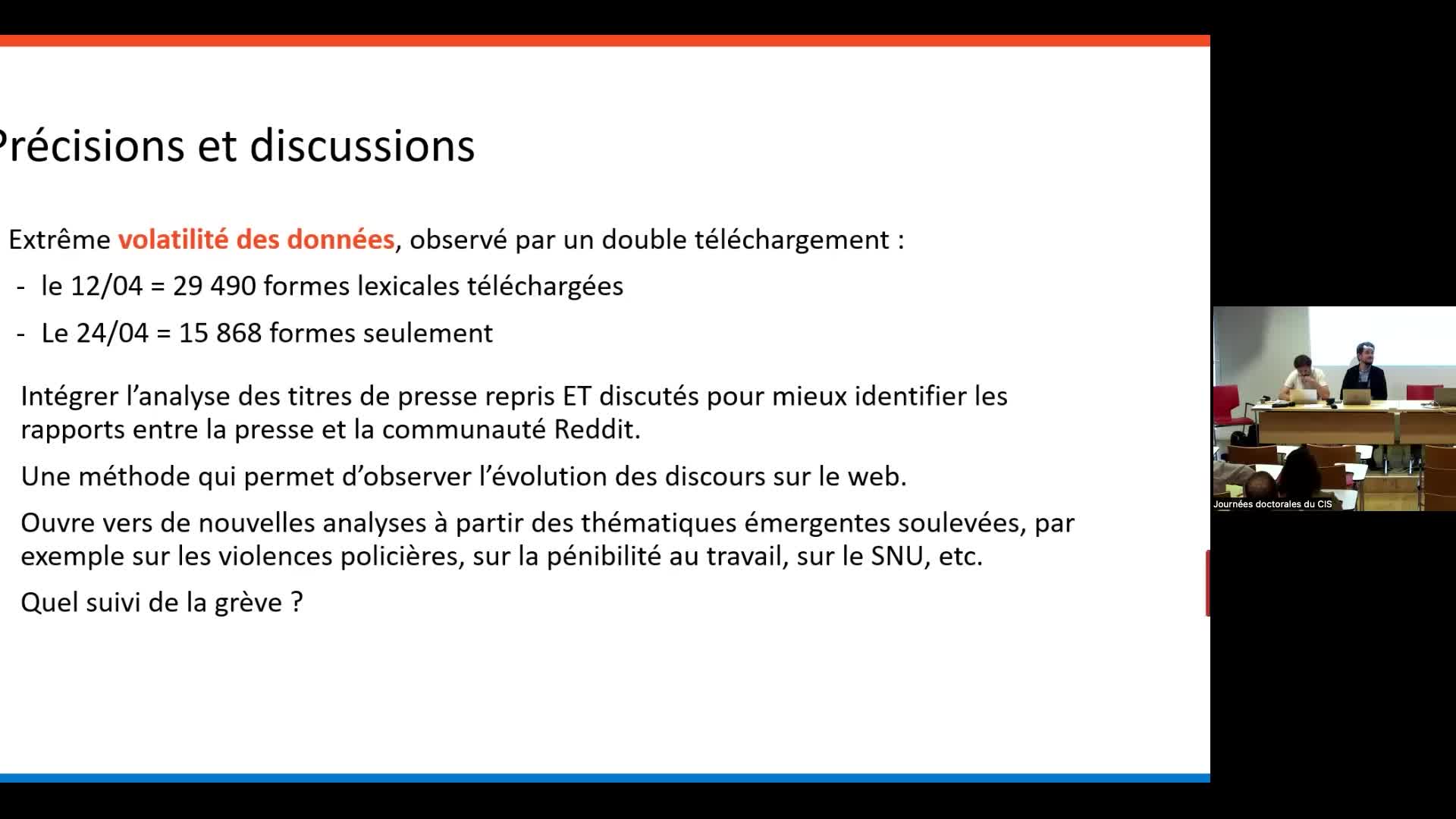Notice
Researchers Faced with Online Xenophobic and Gender-based Violence Phenomenology, Legal Approaches and Epistemological Challenges
- document 1 document 2 document 3
- niveau 1 niveau 2 niveau 3
Descriptif
Legal Approaches in the Making
The growing role of digital technology in ethnographic work exposes us to new risks and raises unprecedented methodological and ethical challenges. We need to collectively rethink our survey methods in the light of our digital exposure, acquire the tools to analyse and objectify cyberviolence and learn how to protect ourselves against it. To this end, we want to reflect both on the use of social networks as part of the ethnographic survey and the effects of media coverage at the feedback stage.
This workshop will bring together young researchers, activists involved in the fight against cyberviolence and legal specialists. Initially, the aim will be to gain a better understanding of how online threats are articulated in terms of gender and codes of expression specific to the cultural spaces under study. We will then seek to understand the effects of censorship on researchers as a function of their social position and the spaces in which they circulate and express themselves. The aim will be to overcome the lack of consideration to which the gender of research is usually subject by enabling both men and women, cisgender or not, to develop a reflexivity that can lead to methodological advances useful to all.
Whatever the researcher’s position, xenophobic and gender-based violence has a political and epistemological charge that needs to be made explicit, while taking intersectionality into account. This epistemological concern may prove particularly fruitful when studying phenomena of political extremism, where it is both the individuals and their ideas that are targeted.
The morning sessions will be devoted to accounts of the cyberviolence suffered and the responses envisaged individually by the participants. How does political dissent relate to xenophobic and gender violence? How can these experiences be used as food for thought, making it possible to clarify differences of opinion and points of view, in order to anticipate the damaging/risky effects of the feedback?
The third session will involve specialists in digital law, who will examine the role and effectiveness of the law in combating gender-based cyberviolence at European and international levels. The characteristics and potential of new legislative measures will be examined. The last session will look at the legal and educational solutions envisaged by scholars and women’s associations. Our guest will present the digital surveys produced and their political
role as whistle-blowers.
Our ambition is to lay the foundations for a broader reflection on the growing role of social networks in the transfer and valuation of research, on the proper uses of digital technology in professional interactions, and on their role in the development of critical awareness, in order to contribute to the development of digital citizenship among young researchers in relation to the various virtual communities in which they operate.
BARBARA GIOVANNA BELLO Università degli Studi della Tuscia: Forms of online violence: EU legal protection and practice
CARLOTTA GRADIN Ph.D, Université Paris Panthéon-Assas: International perspectives on combating cyberviolence: understanding impact, providing effective responses
Thème
Documentation
Sur le même thème
-
Ouverture de la journée d'étude et présentation de la plate-forme BEPEP
Ouverture de la journée d'étude et présentation de la plate-forme BEPEP
-
Researchers Faced with Online Xenophobic and Gender-based Violence Phenomenology, Legal Approaches …
CruzKalynkaSalmonaLaureEthical and Epistemological Challenges of Fighting Cyberviolence
-
Séminaire du Réseau Anthropologie des Épidémies Émergentes : enquêter dans les espaces numériques :…
EpelboinAlainDesclauxAliceEgrotMarcIntervention du Dr Alain Epelboin : Réponse anthropologique aux (ré)émergences d’épidémies mortelles au travers de veilles internet (2014-2023)
-
Résidus d’utopies : la descendance négligée des belles idées
Le CrosnierHervéIl est toujours utile de regarder en arrière pour juger une situation et un contexte. Même s’il est récent, le numérique n’échappe pas à ce constat
-
Participation et citoyenneté en régime numérique : vers de nouvelles dynamiques de recherche ? Vidé…
BoutéÉdouardMabiClémentAubertRomainDilé-ToustouJulesMobilisées en politique depuis plusieurs décennies (Vedel, 2006), les technologies de l’information et de la communication numérique (TICN), et notamment internet et le web connaissent au tournant des






